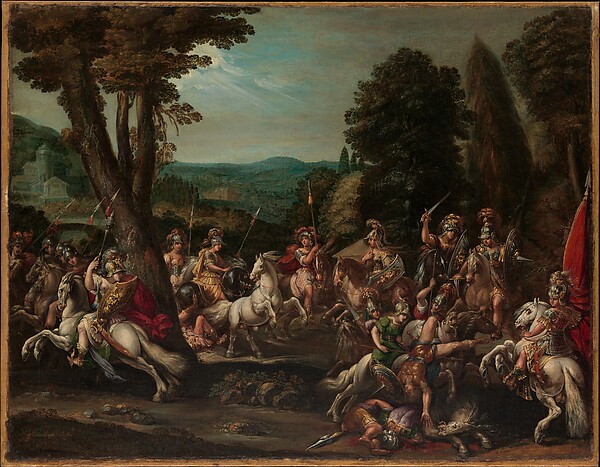Classic poem of the day
E'en as the flowers do wither
That maidens fair do gather,
So doth their beauty blazing,
Whereon there is such gazing.
As day is dimmed with the night,
So age doth vade the red and white,
And death consumes e'en in an hour
The virgin's weed, that dainty flower.
And unto them it may be told,
Who clothe most rich in silk and gold,
Ye dames, for all your pride and mirth,
Your beauty shall be turned to earth.
Member poem of the day
At my lowest
Alive but alone
Waiting for death
Eyes closed
Placed the barrel to my head
Paused for a moment
Just a moment
Felt a tap on my shoulder
I slowly opened my eyes
Blinked because there was still darkness
But slowly I began to see the stars
Each shining so bright
They pulled me through the darkest night
Night after night
Finally just as suddenly
As an eclipse
The Sun began to shine
My days are alwa......
